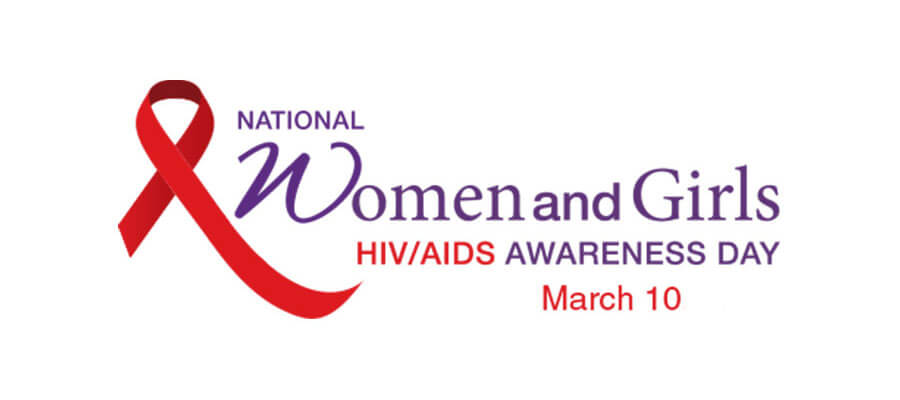Preventing HIV: We All Have a Role to Play
The U.S. Department of Health and Human Services (HHS) is leading an initiative aimed at reducing new HIV infections by 75% in the next 5 years and 90% in the next 10 years. According to HHS Secretary Alex Azar, that means preventing more than 250,000 new infections over the proposed 10-year timespan.
 Now is the time for this bold initiative, called Ending the HIV Epidemic: A Plan for America, because we have more information and resources than ever before to help those living with HIV lead longer, healthier lives and reduce the number of new infections. We have access to powerful HIV treatments and effective HIV prevention medicines, including antiretroviral therapy (ART) and pre-exposure prophylaxis (PrEP). ART, if taken as prescribed, can help people living with HIV lower their viral load (the amount of HIV in the blood), which protects their health. In addition, people living with HIV who take HIV medication daily as prescribed and get and keep an undetectable viral load have effectively no risk of sexually transmitting HIV to their HIV-negative partners. PrEP is a daily medicine that can lower the risk of getting HIV from sex by more than 90%. More people are using PrEP than several years ago, but it is still not reaching most of the Americans who could benefit from it.
Now is the time for this bold initiative, called Ending the HIV Epidemic: A Plan for America, because we have more information and resources than ever before to help those living with HIV lead longer, healthier lives and reduce the number of new infections. We have access to powerful HIV treatments and effective HIV prevention medicines, including antiretroviral therapy (ART) and pre-exposure prophylaxis (PrEP). ART, if taken as prescribed, can help people living with HIV lower their viral load (the amount of HIV in the blood), which protects their health. In addition, people living with HIV who take HIV medication daily as prescribed and get and keep an undetectable viral load have effectively no risk of sexually transmitting HIV to their HIV-negative partners. PrEP is a daily medicine that can lower the risk of getting HIV from sex by more than 90%. More people are using PrEP than several years ago, but it is still not reaching most of the Americans who could benefit from it.
For the Office on Women’s Health (OWH), HIV prevention is a topic we care deeply about, especially considering that a quarter of people living with HIV are women and women made up 19% of new diagnoses in the United States in 2017. We are thrilled to support the new HHS initiative, and its announcement comes at a time when we’re already talking about HIV prevention: National Women and Girls HIV/AIDS Awareness Day.
This National Women and Girls HIV/AIDS Awareness Day — celebrated March 10 — we’re reminding everyone that “HIV prevention starts with me!” The truth is that we all have a role to play, and our individual efforts can make a difference. Together, we can make progress toward preventing new HIV infections in our communities. Here’s how you can help end HIV:
- Get an HIV test. It's free and confidential! Not sure where to get one? Visit the HIV Testing Sites & Care Services Locator to find a testing location near you.
- Prevent HIV by using a latex condom every time you have sex.
- Talk to a doctor about pre-exposure prophylaxis (PrEP).
- Talk to your doctor about ways to stay healthy if you’re living with HIV. That includes taking your medication as prescribed to lower your viral load. People living with HIV who take HIV medication daily as prescribed and get and keep an undetectable viral load have effectively no risk of sexually transmitting HIV to their HIV-negative partners. Having an undetectable viral load can also protect your unborn baby during pregnancy, labor, and delivery.
- Visit a doctor right away if you think you may have been exposed to HIV. Your doctor or nurse might decide you need post-exposure prophylaxis (PEP). PEP is an anti-HIV medicine that you take within 72 hours of possible exposure to HIV to lower your chances of getting HIV.
- Learn more about HIV and AIDS. Start with the HIV and AIDS basics on womenshealth.gov. Then talk to your partner, family, friends, and neighbors about what you’ve learned. You can even join the conversation on social media. Don’t forget to use #NWGHAAD in any social media messages you share.
We all have a role to play in preventing HIV. We hope you’ll take steps to help prevent HIV and support those living with HIV this National Women and Girls HIV/AIDS Awareness Day.

